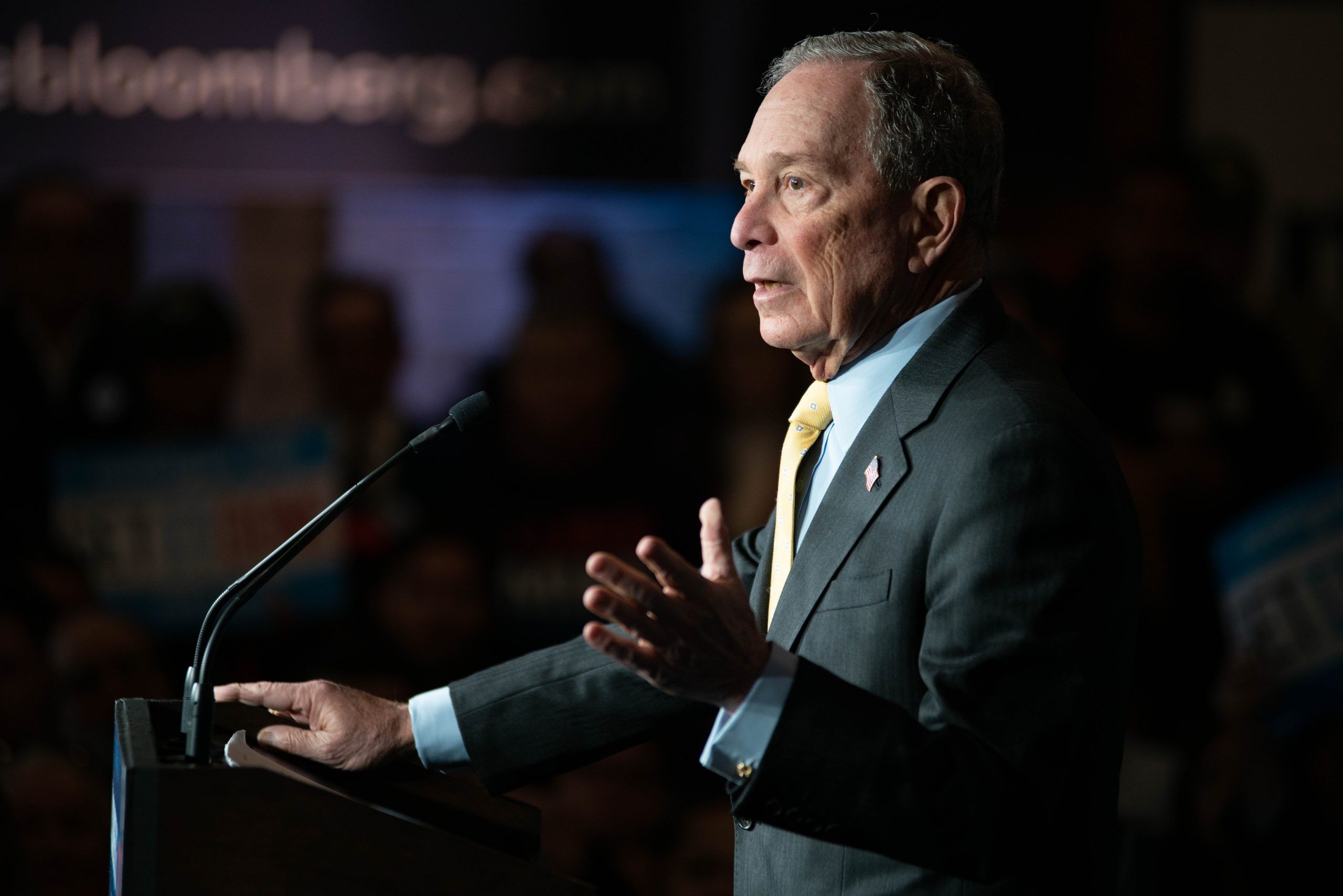The year was 2001.
9/11 had yet to occur and, in the hearts and minds of even most of those who ferociously opposed his policies, Rudy Giuliani was just a guy with a penchant for frequent movie and TV walk-ons and, on occasion, appearing in public in drag. And, of course, he was also New York City’s mayor.
Related: Was James Buchanan America’s first gay President?
It had been fifteen years since Tom Stoddard crafted language that ensured trans people would remain strangers to New York City’s civil rights laws by drawing not upon the trans-inclusive language of the city ordinances Minneapolis or Los Angeles but instead upon the gay-only state law of Wisconsin.
Never Miss a Beat
Subscribe to our newsletter to stay ahead of the latest LGBTQ+ political news and insights.
And trans people were pissed.
The rock-ribbed coalition of the Human Rights Campaign (HRC) and then-Rep. Barney Frank refused to even consider adding us to Employment Non-Discrimination Act (ENDA) bills that, even then, everyone knew had less of a chance of getting through the Republican-controlled House than I or any trans woman then did of being hired by HRC. New York City’s fifteen years-and-counting was an example of what we all knew would await us if a gay-only ENDA ever became law.
An NYC trans-inclusion bill materialized in 2001, but Council Speaker Peter Vallone only allowed it to have a hearing in order for the Commissioner for Human Rights to testify that it was unnecessary – a legal perspective which rested not only an unpublished administrative decision interpreting the city’s disability law but also on an interpretation of gender which directly contradicted then-existing legislative history.
The upshot? A claim that there might be existing language that might already cover trans people wasn’t worth the time or effort to bother adding language to spell out those ‘mights’
Substanceless Condescension 101. And, of course, Giuliani did nothing to support the bill.
Then came 9/11.
And not long after that came New York City’s mayoral election. The winner was Michael Bloomberg.
2002 saw a new trans-inclusion bill and a new council hearing (chaired by Bill de Blasio, the current mayor) but not a massive show of mayoral support for it.
“In the past I expressed the belief that this legislation is extraneous because transsexuals are protected under the current human rights law,” Bloomberg said, echoing very shaky legal analysis. “However, considering its strong support in the Council I plan on signing it into law.”
Definitely not massive support by Bloomberg – but it was enough. He did sign it. He deserves credit for that – credit that I see few people now giving him.
But that doesn’t mean I’m backing Bloomberg in his quest for the Democratic presidential nomination.
For there is the matter of the glacial speed he deployed to implement the 2002 trans-inclusion ordinance. Then there is the matter of stop-and-frisk. There is also the matter of his positioning in the equal benefits ordinance case. And most certainly there is the matter of Bloomberg’s relatively recent negative remarks about trans people.
But there is a much bigger problem with Bloomberg’s candidacy: Tradition.
The first United States president was a white, protestant (presumably) heterosexual male. So was the second.
And then, before anyone realized it, we’d had a string of almost three dozen of the same (discussions of James Buchanan’s sexuality notwithstanding) before we had a lone white, Catholic (very) heterosexual male – before reverting to tradition for a period covering not only the presidential election that occurred while I was in utero but the ten that followed, up until we placed hope in Barack Obama.
Our most recent quadrennial election cycle was one in which, even if you accept all of the known lies at face value, a billionaire successfully used his wealth and fame to buy the presidency.
No rational human being can assert that Michael Bloomberg would not be a step up from Donald Trump. But how much?
But if Bloomberg succeeds it will mean that there will have been a second consecutive election in which a billionaire (whether purported or real) buys (with or without Russian interference and/or collusion) the presidency.
Traditions are hard to break. Just ask Shirley Chisholm, Geraldine Ferraro, Hillary Clinton, Kamala Harris, and Kirsten Gillibrand. And, yes, go ahead and ask Sarah Palin too.
It took 172 years after America’s first presidential election to break the religious tradition; 220 for the racial one.
Sure, if Bloomberg wins the nomination and the presidency, he’d break a different religious tradition. But Joe Lieberman would have also. His stances on healthcare and endorsing Republicans against Democrats should give us all an idea as to how that would have turned out.
I don’t have 172 years – or even half or a quarter of that – to wait should actual-billionaire Michael Bloomberg, on the heels of well-professed billionaire Donald Trump, establish a tradition that the presidency is purely the purview of the Billionaire Buyers Club.
Few of us do.
The United States of America certainly doesn’t.















